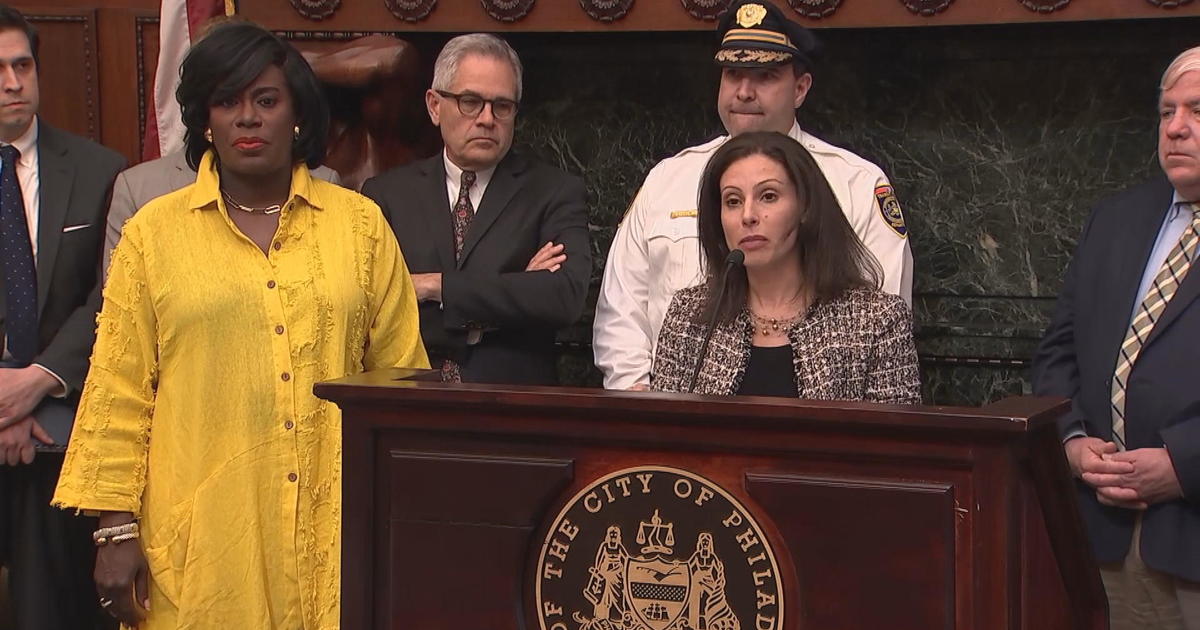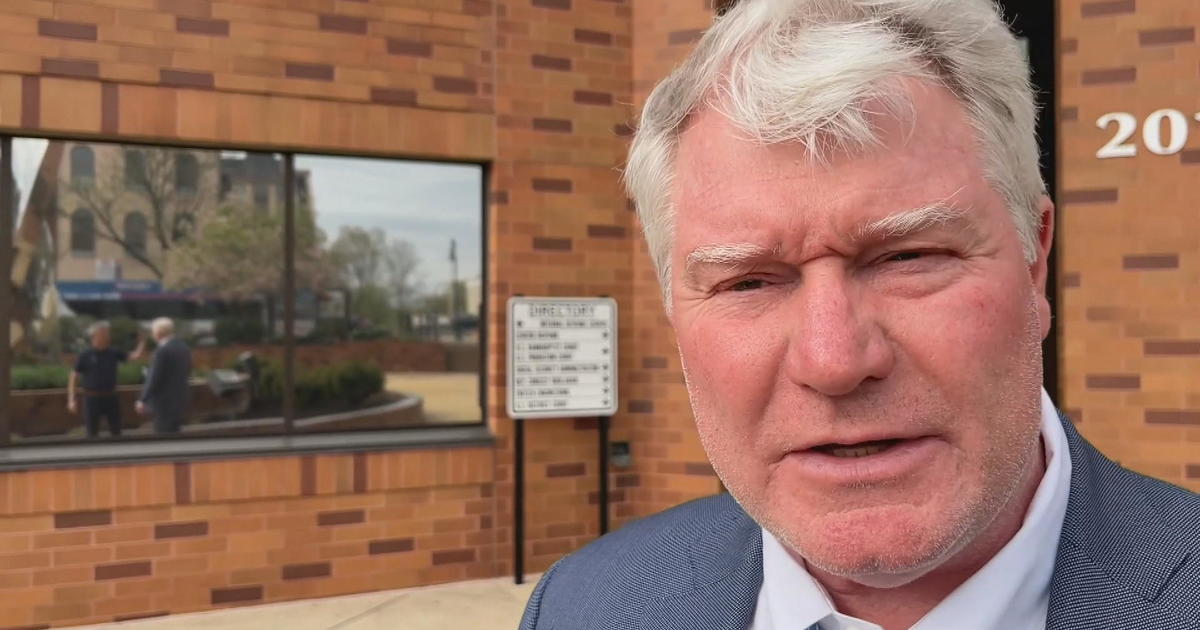Experimental Therapy To Battle Brain Cancer Helping Patients Survive Years Beyond Expectations
PHILADELPHIA (CBS) -- A new experimental therapy is helping some patients dealing with the most deadly form of brain cancer in adults survive years beyond expectations.
CBS 3's Stephanie Stahl reports scientists and doctors have developed an immunotherapy for brain cancer that they call a vaccine because it targets cancer cells that radiation and chemotherapy miss.
Mary Lee, 65, was diagnosed with a deadly brain tumor called glioblastoma ten years ago. Doctors gave her 15 months to live.
"I was devastated. I was thinking my kids were still in college, I haven't seen them graduate from college, I haven't seen anyone get married," she said.
A golf ball-sized tumor was surgically removed from her brain. Then after radiation and chemotherapy, Lee was given an experimental vaccine as part of a ten-year study.
The immune-based therapy is tailor-made to fight the patient's cancer, attacking the microscopic cells that chemotherapy and radiation leave behind.
"It's a way to teach the body's immune system how to recognize cancer cells and go directly to the cancer to try to kill the cells and eradicate the tumor," said neurologist Dr. Keith Black.
Sixteen glioblastoma patients were given three rounds of the vaccine. Nearly 40 percent of them survived more than eight years.
Typically, less than 3 percent of people diagnosed with glioblastoma are alive after five years.
"I've been working with this cancer for over 30 years and we did a lot of different studies, a lot of different treatments," said Black. "You just don't see those types of responses."
Lee is one of the longest survivors. Her brain cancer is still in remission almost ten years after treatment.
"I did not expect to be here that long, and I'm sure I would tell everybody the same thing. It doesn't mean your life is going to be short. I can be done," said Lee.
The vaccine for glioblastoma is still going through trials for FDA approval. There is no word on when or if it will be approved, making it available to more patients.



